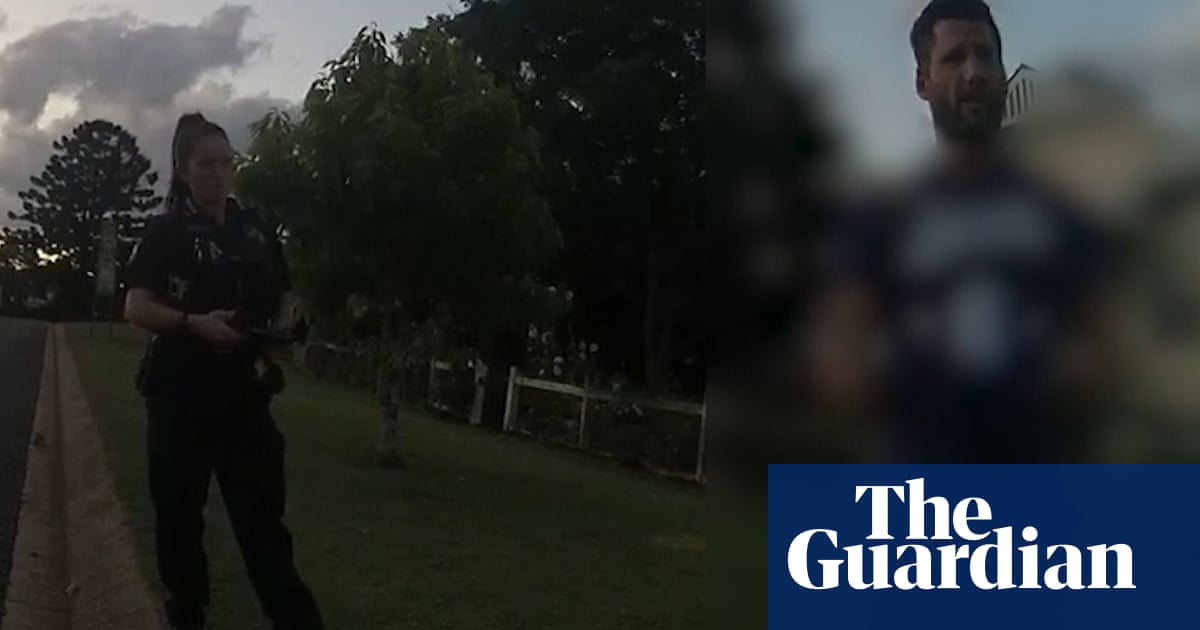One of Queensland’s most senior police officers says the state’s mental health legislation should be amended to make it easier for police to intervene when a person’s mental health makes them a risk to others.
Acting deputy commissioner Mark Kelly told theNew South Walescoroners court on Wednesday that Queensland’s Mental Health Act had caused “confusion”.
Kelly was speaking on the final day of testimony at the five-week inquest into the April 2024 stabbing attack at Westfield Bond Junction.
Schizophrenic man Joel Cauchi, 40, killed Ashlee Good, 38, Jade Young, 47, Yixuan Cheng, 27, Pikria Darchia, 55, Dawn Singleton, 25, and Faraz Tahir, 30, and injured 10 others before being shot and killed by police officer Amy Scott.
State coroner Teresa O’Sullivan has heard officers who attended Cauchi’s Toowoomba home in January 2023, after hisfather confiscated his knife collection, considered he had a mental disturbance but that it didn’t meet the threshold for intervention under the act.
Queensland’s mental health legislation differs from NSW in that emergency mental health interventions by the police are only covered when people pose a serious risk to themselves.
Kelly agreed on Wednesday with expert witnesses who appeared previously when he stated that the Mental Health Act should be changed so police could send people for emergency assessment if they posed a risk to others.
“It should be amended,” Kelly said of the act, which was changed in 2016 and included “very high” thresholds for emergency intervention.
“The legislation does provide some confusion for our police,” he said.
The senior counsel assisting, Dr Peggy Dwyer SC, said the inquest was likely to recommend that the legislation be amended.
Sign up toMorning Mail
Our Australian morning briefing breaks down the key stories of the day, telling you what’s happening and why it matters
after newsletter promotion
Kelly said police were increasingly called to mental health incidents. The growth in cases was related to domestic and family violence, homelessness and increased awareness of the issue.
Queensland Police Service call-outs involving a person with a mental illness or disturbance averaged 51,000 a year over the past four to five years, he said.
That number had risen this year, with 21,600 calls in the first four months of 2025. “It is the burden of demand that is putting pressure on police,” Kelly told the court.
The inquest continues.
